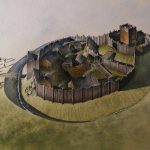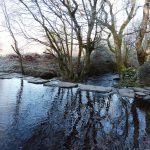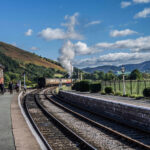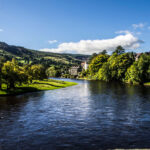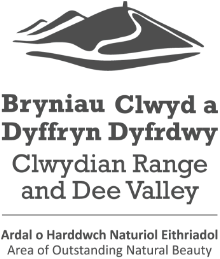Historical Timeline
-
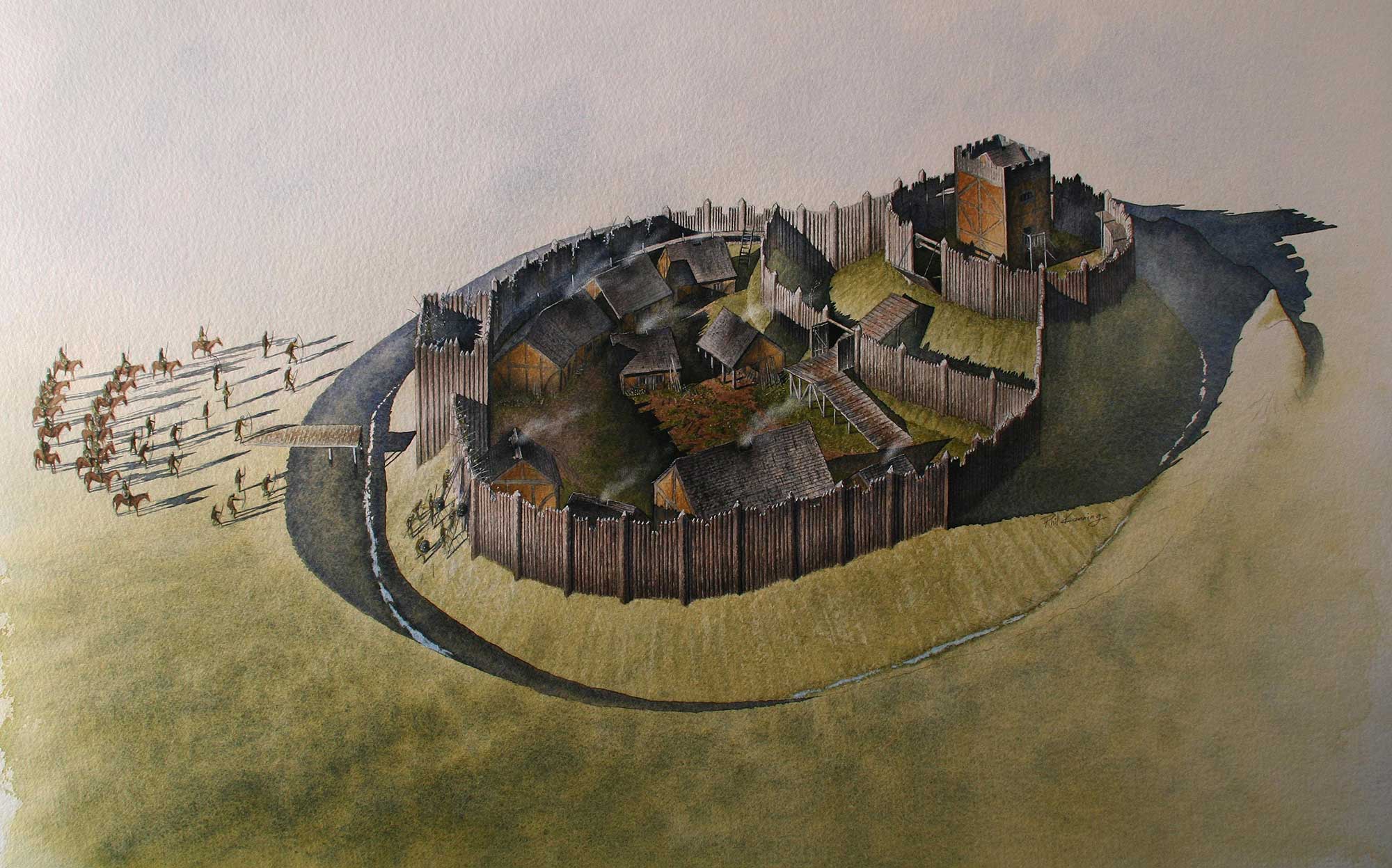 Illustration of Tomen y Rhodwydd, Llandegla
Illustration of Tomen y Rhodwydd, Llandegla -
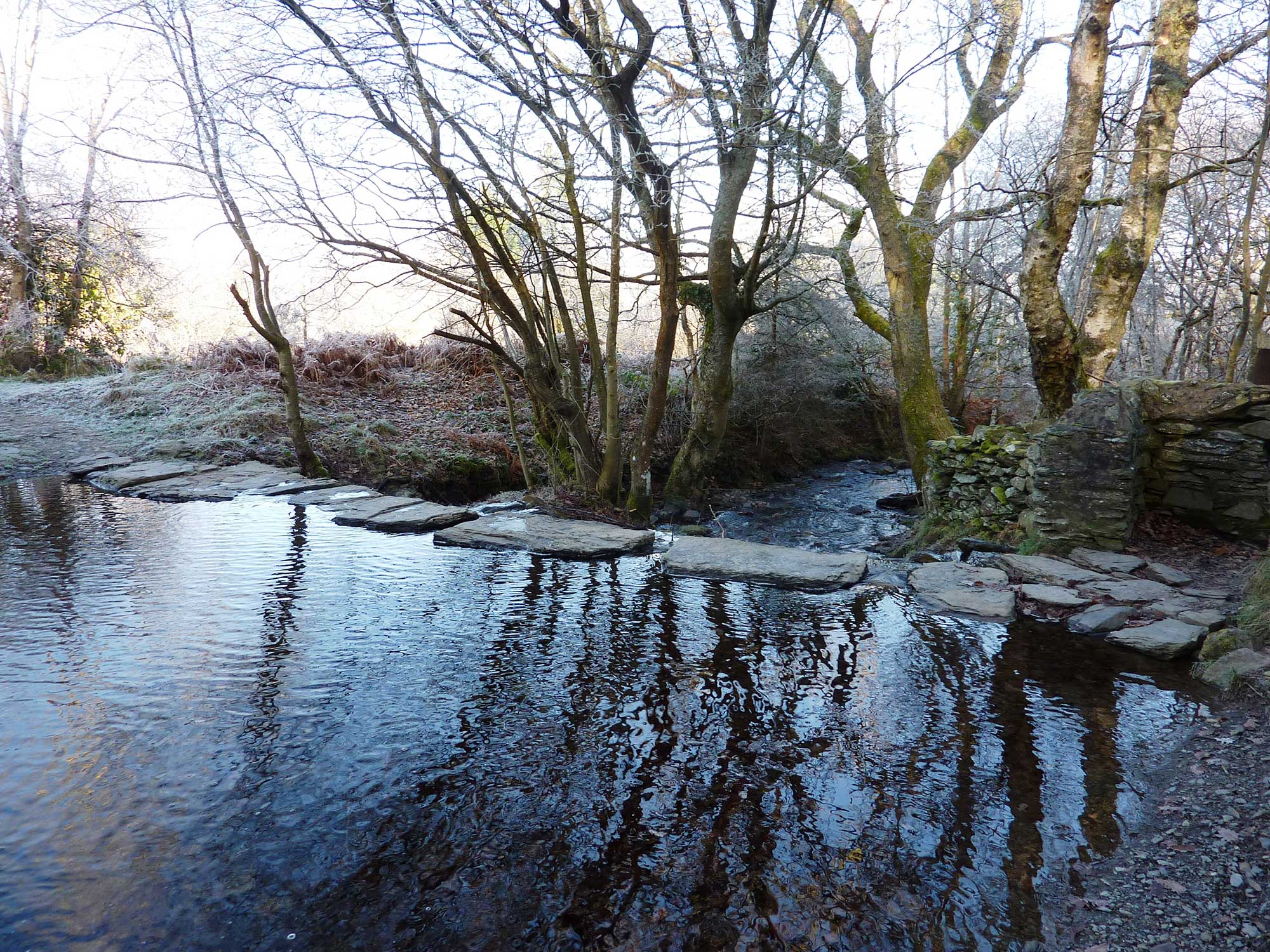 Cerrig sarn Pen y Pigyn - Pen y Pigyn stepping stones
Cerrig sarn Pen y Pigyn - Pen y Pigyn stepping stones -
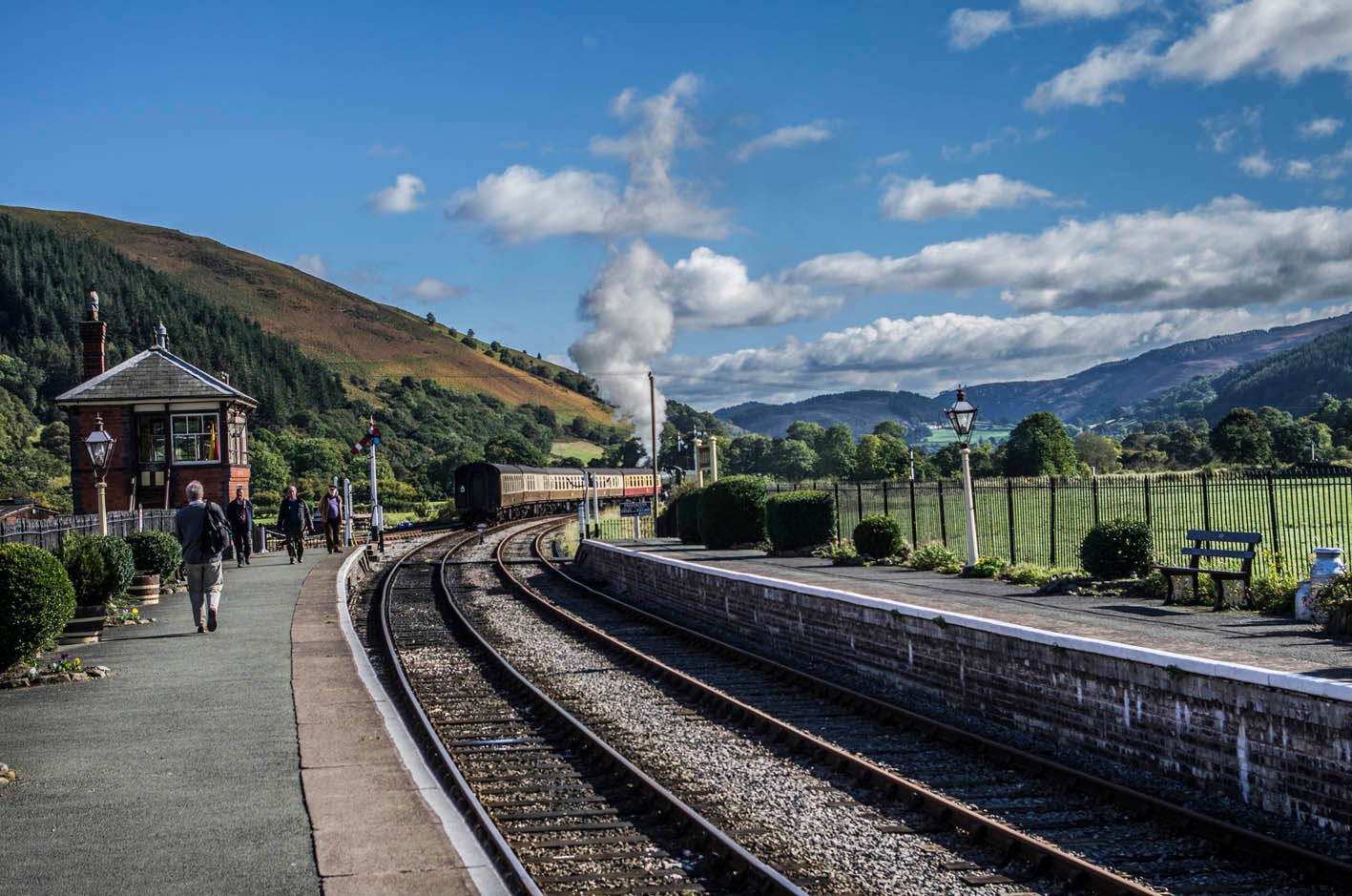 Rheilffordd Llangollen, Dyffryn Dyfrdwy - Llangollen Railway, Dee Valley
Rheilffordd Llangollen, Dyffryn Dyfrdwy - Llangollen Railway, Dee Valley -
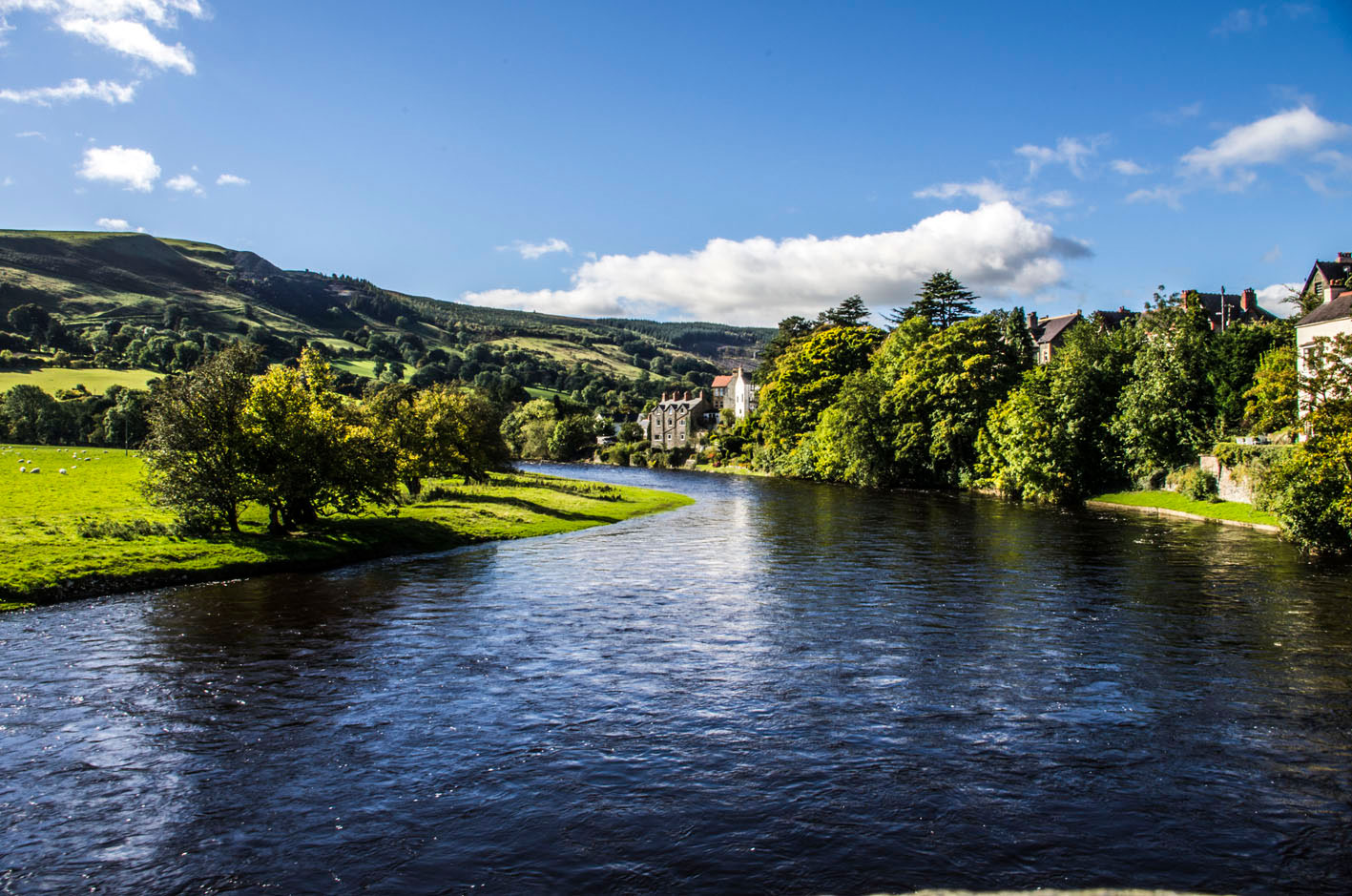 Afon Dyfrdwy yng Ngharrog - River Dee at Carrog
Afon Dyfrdwy yng Ngharrog - River Dee at Carrog
This timeline illustrates the rich and varied history of the link between the land and the way man has used it over the centuries in The Clwydian Range and Dee Valley.
Clwydian Range and Dee Valley Timeline
Name
Date
Example site within AONB
Palaeolithic
Before c. 8000 BC
Hunter gatherers
Cae Gwyn and Ffynnon Beuno Tremeirchion date to around 30,000 BC.
Mesoloithic
c. 8000 BC to 3500 BC
Hunter Gatherers
Flint Flakes from LynxCave, Llanferres and Moel Arthur.
Neolithic
c. 3500 BC to 2000 BC
First farmers living in settled communities
Gop Cairn Trelawnyd and flint flakes indicating settlement from Bryn Llwyn, Gwaenysgor and Moel Hiraddug, Dyserth.
Bronze Age
c. 2000 BC to c. 800 BC
Settled farmers acquired metal working skills
Many burial mounds (barrows, tumili, cairns) as at Moel y Parc and The Piggeries, Llanarmon yn Ial.
Iron Age
c. 800 BC to c. 43 AD
Settled farmers and warring tribes people perfecting their metal working skills
Many Hillforts like Moel y Gaer, Llanbedr, Moel Arthur, Penycloddiau and Foel Fenlli.
Roman
43 AD to c. 410 AD
An invading culture bringing organized military force and administrative structures
Roman road crossing the Range at Rhuallt, Roman coins from Prestatyn Hillside with possible lead mining, coin hoard from Foel Fenlli, Roman road adjacent to Loggerheads Country Park.
c. 410 AD to 1066
Early development of Welsh princely territories, introduction of Christianity
Many of the village church sites in the Range came into existence at this time, like Llanarmon yn Ial.
Medieval
1066 to c. 1500
Invasion into England by The Normans, gradual replacement of Welsh law with English law
Medieval parkland at Bathafarn and Bache Graig, Welsh Motte and Bailey castle at Tomen y Rhodwydd, Llandegla.
Post Medieval
1500 to Present Day
Development towards modern day landscape and administrative set up
Development of the villages like Llandyrnog, Cilcain and also establishment of picturesque landscapes like Golden Grove and Colomendy.
Industrial
Predominantly 18th, 19thand early 20thcentury
Technological developments leading to exploitation of the mineral wealth of the Range
Lead mining on Prestatyn hillside and in the AlynValley at Loggerheads, many mill sites along the Wheeler and AlynRivers.
A moorland habitat
The moorland landscape has changed dramatically and according to the evidence from the pollen found in the soil layers here, this is what happened.
Date
Moorland habitat
8000BC
Ancient woodland
4000BC
Thinning of wood for fuel/ building/ hunting
3000BC
Deforestation for agriculture
c70AD
Trees start to reclaim as agriculture moves to valleys
600AD
Heather begins to dominate benefitting grazing
600 to c1900 AD
Farming and sheep grazing limits tree growth
Modern day
Countryside management compliments the reduced common land grazing to preserve the moorland habitat
0 Comments
